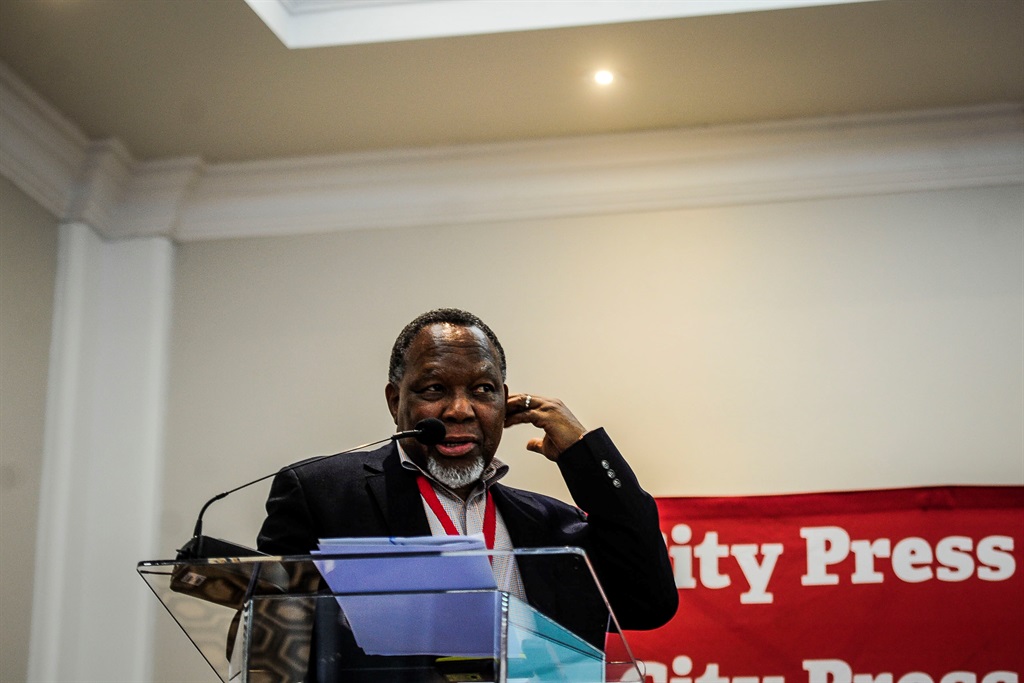
President Nelson Mandela once said: “[Chinua Achebe was] the writer in the presence of whom the prison walls come down.” I concur.
The writings of this oracle of Africa’s world of letters are as timeless as the iroko tree. Sixty years after his first novel, Things Fall Apart, and more than five years since he died, we still carry with us fond memories of Achebe’s pioneering work in African literature.
The novel stands as a towering monument that inspired generations of African writers to tell their own stories, from their own vantage point and in the best way they know how.
Even though it sold millions of copies worldwide and has been translated into multiple languages, its manuscript suffered numerous rejections by the establishment at the beginning. Its enduring message, however, found resonance with the feelings of many peoples of the world. It captured their mind-set and spoke to their lived experiences.
In the novel Achebe contests the misrepresentations, falsifications and distortions as asserted by colonialists that spoke of Africa as a place of darkness, with no history, no values, no belief systems, no rules and no structure of society to preserve – with nothing to contribute to the worlds’ progress and development.
Achebe filled a void in the literary chain.
The novel tells the story of Okonkwo whose deep-seated fear of failure and weakness pushed him to labour hard and become not just a successful farmer, but a warrior and a leader in his community.
In writing about life in Okonkwo’s village, Achebe does so in great detail, reflecting all its grandeur and weaknesses.
He reflects African life’s complexity, its imperfections,its rawness, its brutality and its often patriarchal nature with the same clarity as he does its sophistication and positive traits.
The contending forces, complexities, conflicts and contradictions that defined Okonkwo’s life are with us today.
The world today faces contradictions occasioned by grotesque inequalities, leaving many behind from the status quo.
The few who are seen to be benefiting are in constant conflict and fight for hegemony with the many who feel left behind.
This can be seen from developments such as the rise of narrow nationalism; the politics of identity; the othering of some, particularly migrants; and the concomitant resentment.
These contradictions also reflect that ours is a societyin transition.
To understand transition we need to look at it in the context of motion. Nature and society are defined by motion. Conservative people resist motion, yet motion in society fuels hope that better living conditions can be attained.
We have reached a point when the safety valves that kept capitalism as the dominant mode of production are no longer open. Productivity has reached unprecedented proportions, yet the distribution of societies’ products and the wealth is inequitable.
In our quest for harmony we need to find a way to build permanent capital and a method of ensuring equitable distribution of the wealth to remove the source of the resultant poverty, inequality and social upheavals.
Flowing from the fundamental problem of inequitable distribution of wealth is that we now live in a world in which there is a crisis of morality, occasioned largely by greed, corruption and economic insatiability.
These are but the symptoms of the fundamental problem.
We must address the primary cause of the problems in a surgical manner.
We must also bear in mind that the symptoms are not passive – they influence and interact with the primary problem. They too must be addressed.
The fourth industrial revolution will render certain old methods, instruments and skills obsolete.
This has major disruptive potential in society and is a prelude to conflict between those who may benefit from the fourth industrial revolution and those who may be left behind – those at the centre and those at the periphery of the digital divide.
The lesson we draw from Achebe, the iroko, is that you can lead from strength only when you are rooted in the culture of your people. Global context is also important.
There is an Igbo proverb that observes: “It is from a small seed that the giant iroko tree has its beginnings.” So, our smallest efforts to change society can echo into eternity.
As victims of colonialism and as victors over it, we must guard against becoming the next villains, of whom “the best lack conviction and the worst are full of passionate intensity”.
Okonkwo is the embodiment of all of us today, not as people who are colonised but as people who are on the verge of being left behind as the world shifts to new frontiers.
When humanity ceases to speak about culture, plurality of thought with respect to race, gender, colour, sexual orientation, belief systems and the effect of technology then, and only then, will things fall apart.
This is an edited extract of the Chinua Achebe Leadership Forum Lecture delivered by former South African president Kgalema Motlanthe on December 12 in New York on the 60th anniversary of the novel Things Fall Apart by Achebe




 Publications
Publications
 Partners
Partners








